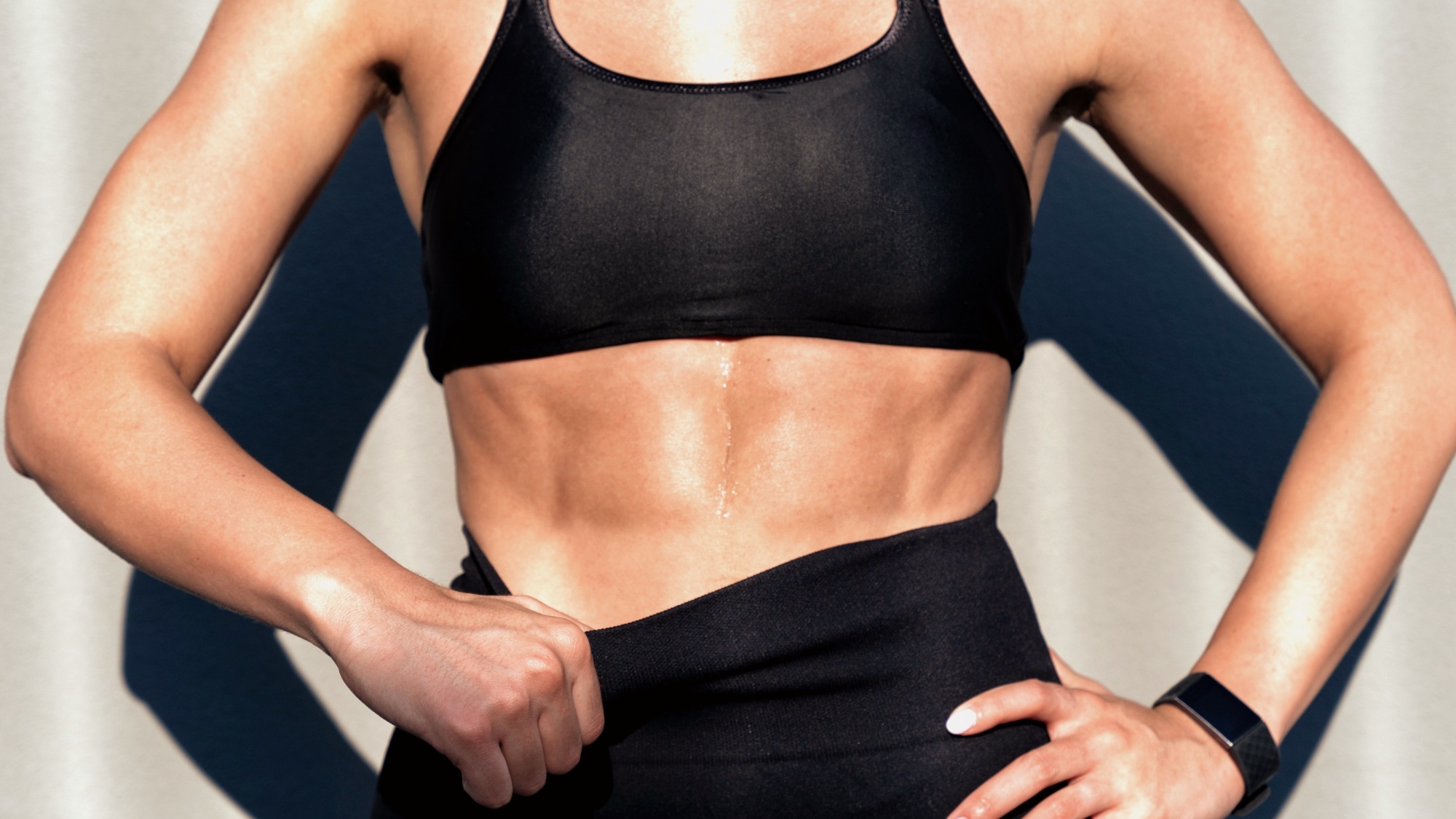
After taking a class with a friend just over a year ago, Pilates has been a mainstay in my workout routine — and for multiple reasons.
For starters, the low-impact exercise system is suitable for all fitness levels. No matter whether you’re new to the Pilates 100 or a pro at scissor kicking, depending on what your mind and body need, there are always progressions and regressions available.
Secondly, along with being a stress buster, the best Pilates exercises can work to strengthen your core, boost posture and increase your flexibility. And it’s these psychological and physiological benefits that keep me coming back for more.
However, when time, money and/or motivation are low, a free on-demand class at home is just the thing to help me fit in some movement. So, after coming across fitness trainer Lindsey Bomgren’s 15-minute Pilates ab workout, I decided to give the low-impact class a go without spending a dime.
What is Lindsey Bomgren’s 15-minute Pilates ab workout?
This easy-to-follow quick and fiery 15-minute Pilates workout contains 15 different exercises. Each move is completed for 40 seconds, followed by 20 seconds of rest. The 15 moves include:
- Pilates bent-knee stretch
- Straight leg scissor kicks
- Straight leg circles
- Teaser roll up
- Criss-cross obliques
- Full body roll up + saw
- Reverse plank alternating single leg bend + extend
- Pilates 100
- Forearm plank body saw + alternating leg lift
- Three-point scoop + side leg kick (right)
- Side-lying leg lift + oblique crunch (right)
- Rolling plank
- Three-point scoop + side leg kick (left)
- Side-lying leg lift + oblique crunch (left)
- Pilates roller boats
Apart from an exercise mat to help cushion this floor-based workout, no equipment is needed. You’ll just need your body weight and enough space to lay out your mat.
And don’t worry, if you’re new to some (or all) of these moves, Bomgren offers modifications throughout the class. This means each exercise can be tailored to you. After rolling out one of the best yoga mats, here’s how it went…
1. It made my core burn
When I tell you my core was on fire, my core was on fire.
Throughout each move, Bomgren explains what muscles are being worked. Being an ab-focused session, there was one area that was hit more than others — and that was my transversus abdominis, which is otherwise known as the deepest layer of abdominal muscle.
But as we flicked through criss-cross obliques and rolling planks to Pilates roller boats, I could also feel my lower back, pelvic muscle, erector spinae and obliques working too.
In the fitness world, your abs and core are two words that are often used interchangeably. But they are two different things. Your abs refer to the rectus abdominis muscles, or your six-pack.
Whereas your core encapsulates a collective group of muscles, including the abs, that form around the torso and promotes function, stability and movement.
2. It was a full-body workout
Many of these moves were compound exercises. This meant, along with this class working my abs and core, moves like the three-point scoop with a side leg kick, and a forearm plank body saw with an alternating leg lift, saw me working multiple muscles in my body.
For example, the sidekick worked my glutes, quads and hamstrings. While the plank body saw called upon my shoulders, core muscles, glutes, quads and hamstrings.
So, you might decide to take this class to work your abs, but rest assured your full body will be conditioned too.
3. Your neck may hurt
If this is the case, it could be because you’re not letting your abdominals do the bulk of the work. Or, as most trainers will say, you’re not “engaging your core.”
Any time I started to feel a slight strain in my neck, I stopped the workout to reset my form and focused on engaging my core to help reduce the risk of injury.
4. You can get a lot done in 15 minutes
I say this because a handful of these moves were essentially supersets — with the likes of a reverse plank alternating single-leg bend and extend, or the side-lying leg lift, followed by an oblique crunch.
On the surface, these Pilates moves could have been split out into two different exercises. But performing them back to back not only challenged my body in new ways, but it meant I was getting more bang for my buck.
5. It’s OK to mix between variations
As I touched on earlier, (thankfully) this Pilates class includes variations of each of the 15 exercises. This enables you to progress and regress your practice as much as you need.
On a handful of occasions, when I found the core-blasting moves too fiery, I dropped it down a notch to better suit my body, without losing my form.







